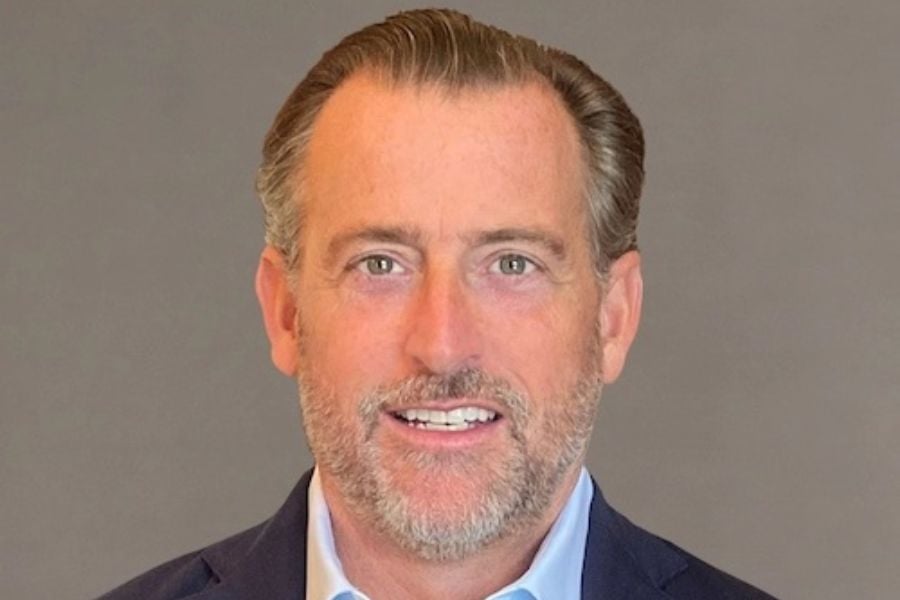

The time-honoured 60/40 asset allocation debate is alive and kicking as we head for the turn of the year.
The portfolio strategy, which suffered its worst performance in 2022, is again up for review with more and more alternative products available. Steve Houston, head of enterprise solutions at iCapital, says the traditional approach works but like most things, it can work better.
“It can work better by including less correlated asset classes and asset classes that investors traditionally didn't have access to,” Houston says. “It’s not necessarily thinking about it like a 50/30/20. “If you stay with a 60/40 portfolio, and 60% is dedicated to equities, then private equity or venture capital or growth equity fit within that 60 bucket alongside public equities. It's just less liquid. Likewise, private credit, or BDCs, or direct lending, is just a loan, it's just like a bond and should fit neatly into the 40.”
iCapital, an alternatives technology partner that offers support for advisors and their private clients to the private markets, has been a substantial player in the widely discussed “democratization of private equity” where institutional-style investment opportunities are opened up to retail investors.
Findings from a recent iCapital survey of 400 US registered advisors showcased how private market investments are being embraced by a new investor population. 95 percent of advisors surveyed by iCapital say they plan to allocate the same or more to alternative investments in the coming year. Currently, advisors who use alternatives allocate between 5-15% of client portfolios to alts.
Meanwhile, 50% of all advisors said client interest in alternative investments has increased over the past two years.
Houston says it’s really appetite in private markets that has increased.
“It's interesting for investors because it provides another kind of risk-adjusted return stream for fixed income investors that they just didn't have access to before [when] the traditional investor would buy municipal bonds,” he says. “It provides a bona fide risk-adjusted return benefits within a fixed income sleeve.”
Among advisors currently using alternatives, 78% invest in real estate, 62% invest in private equity, 50% in private credit and 48% in hedge funds. More than one-third of financial advisors said they are most likely to increase allocations to private equity (36%) and private credit (34%) in the coming year.
Another “big trend within the super trend”, Houston says, are evergreen funds. The reason they’re exploding in popularity is because they’re easier to access.
“Advisors love the fact that they're [evergreen funds] always on so they can constantly allocate to them,” he says. “They like scalable products. They love a product that they can introduce to all of their clients, not just their wealthier clients. These are perfect solutions because you can allocate to them on a monthly or a quarterly basis. The tax reporting is simplified. They're fully funded.”
Houston adds that the private equity evergreen space will be one to watch in 2024 and beyond as it’s “already very popular and getting lots of attention.”
“The risk-adjusted returns in that asset class [private equity] are equally interesting, if not more, in terms of the upside potential,” he says. “Given the product development that has allowed for those now to be used by more financial advisors and by more of their clients, that's quite an interesting breakthrough. I think we're going to see a lot of traction, interest, questions, and education being directed towards that chassis.”

Integrated Partners is adding a mother-son tandem to its network in Missouri as Kestra onboards a father-son advisor duo from UBS.

Futures indicate stocks will build on Tuesday's rally.

Cost of living still tops concerns about negative impacts on personal finances

Financial advisors remain vital allies even as DIY investing grows

A trade deal would mean significant cut in tariffs but 'it wont be zero'.
RIAs face rising regulatory pressure in 2025. Forward-looking firms are responding with embedded technology, not more paperwork.
As inheritances are set to reshape client portfolios and next-gen heirs demand digital-first experiences, firms are retooling their wealth tech stacks and succession models in real time.
